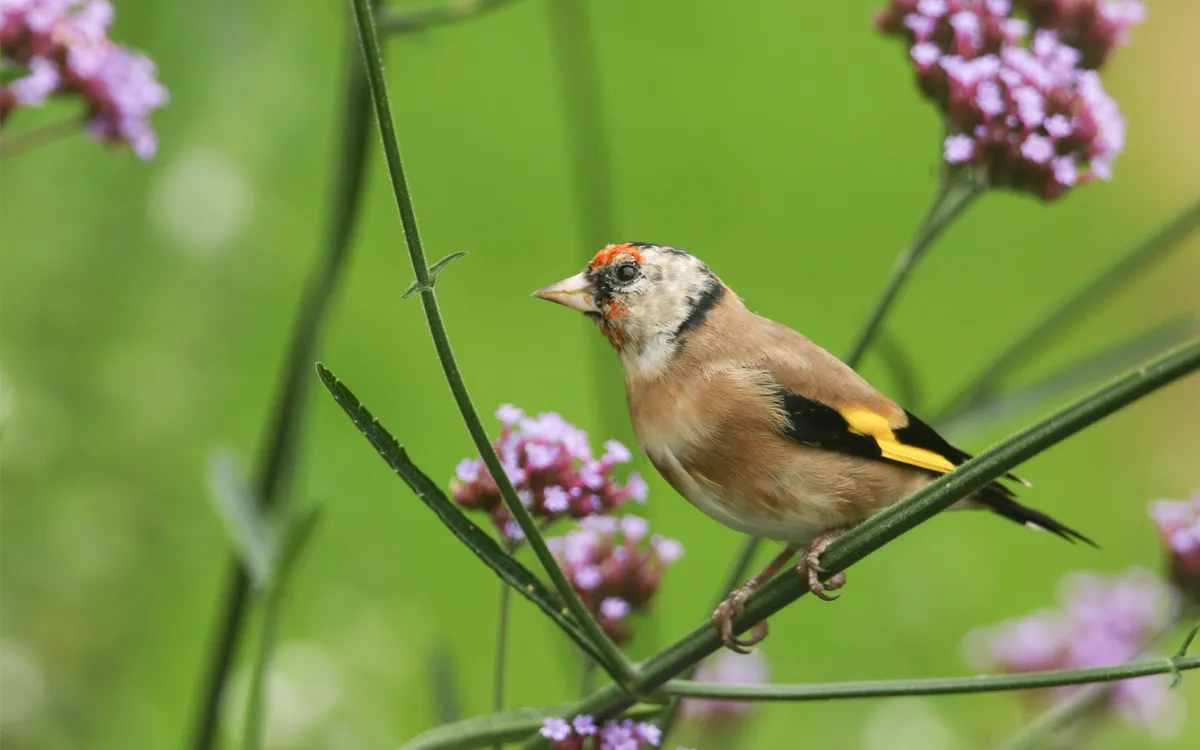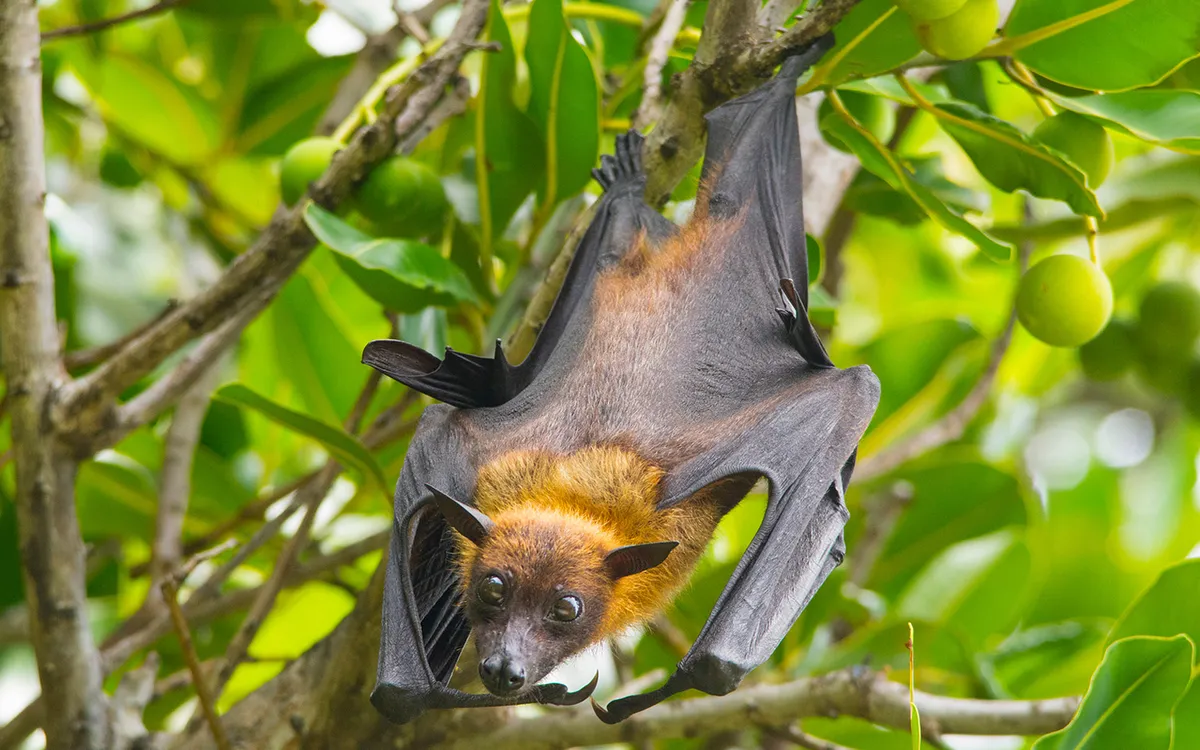Scientists from the University of Southampton found that preventing pollinating vertebrates, such as bats, birds and reptiles from visiting plants to feed, the amount of fruit and seeds produced decreased by an average of 63 per cent.
The research, which has been published in the journal Frontiers in Ecology and the Environment, also shows that if you exclude bat pollinators, the result is an average reduction of 83 per cent in fruit and seed production. In comparison, if you exclude bird pollinators the decrease is an average of 46 per cent.

Important crop species such as dragon fruit, durian and Parkia (commonly known as 'stink' beans) rely on feeding vertebrae for reproduction.
In response to the results, lead author Fabrizia Ratto, a postgraduate research student in Environmental Biosciences at the University of Southampton, has encouraged increased efforts to preserve vertebrate pollinators.
“A recent global study revealed that both mammal and bird pollinators are becoming increasingly threatened with extinction over time", says Ratto.
“With such a large potential impact of vertebrate pollinator loss, there is a clear need for prompt, effective conservation action for threatened flower-visiting vertebrate species."
Animal-pollinated plants are also used for medicines and other resources that are vital in the long-term conservation of biodiversity and natural ecosystems.
The production of fruit and seed varied on its location. For example the dependence on vertebrate pollinators was larger in the tropics than at higher latitudes.

The team researching the topic included experts from the universities of Cambridge and East Anglia, the RSPB, BirdLife International and Mexico's Instituto Politécnico Nacional. They have encouraged further research investigating plant's pollination systems and their vertebrate pollinators.
“Losing more than 60 per cent of available fruits or seeds in any habitat would be pretty catastrophic for animals that feed on those fruits and seeds, so the study gives us a measure of how important bird, mammal and reptile pollinators are to the ecosystem as a whole", added co-author Dr Lynn Dicks, of the University of East Anglia.
It is estimated that 87.5 per cent of the world's flowering plant species are animal pollinated. In addition, 75 per cent of the world's important crop species also benefit from animal pollination.
